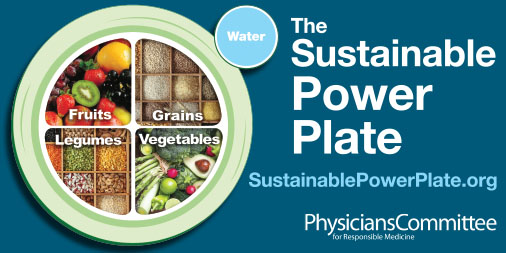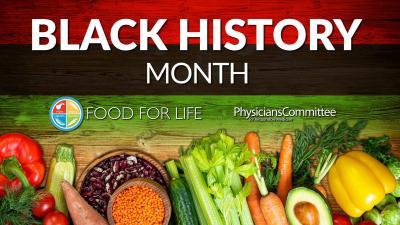Updating the 2015 Dietary Guidelines for Americans

A Chance for Physicians to Comment in Favor of Sustainable, Science-Backed Solutions
As a nation, we’ve never been more confused about which food choices lead to optimal health. With the recent controversy surrounding cholesterol, it’s easy to see why. This is one reason I presented today at the Public Meeting for Oral Testimony on the Scientific Report of the 2015 Dietary Guidelines Committee at the National Institutes of Health. The final 2015 Dietary Guidelines for Americans will come out later this year, but the public now has an opportunity to weigh in on the Dietary Guidelines Committee’s recommendations. The Dietary Guidelines have an extraordinary impact on food choices consumers will make and dietary habits our next generation will form. The guidelines manifest into meals purchased for our nation’s schools, senior centers, and hospitals, not to mention choices you’ll see readily available at the local corner market and grocery store.
Unfortunately, these menus often fall short on painting the picture of perfect health. Instead, they still serve a surplus of fat, sodium, and cholesterol, which, despite recent headlines, is still a nutrient of concern. If we want to combat metabolic syndrome—the perfect storm of high blood pressure, high blood sugar, excess weight, and elevated cholesterol—we have to act now. Nearly 70 percent of Americans struggle with weight, a risk factor for many forms of chronic disease, including heart disease, type 2 diabetes, and certain forms of cancer. And half of Americans who maintain a healthy weight are still at risk for at least one metabolic risk factor. While the expert report for the 2015 Dietary Guidelines for Americans is heading in the right direction with a focus on plant-based dietary patterns, it still needs some work. Especially when it comes to educating the public about the dangers of dietary cholesterol, the “necessity” of dairy products, and explaining the leading sources of saturated fat, in plain language: high-fat cheeses, meats, oils, and dairy products.
Follow the conversation on Twitter by searching for #DGAC2015 and #PlantBasedRx.









